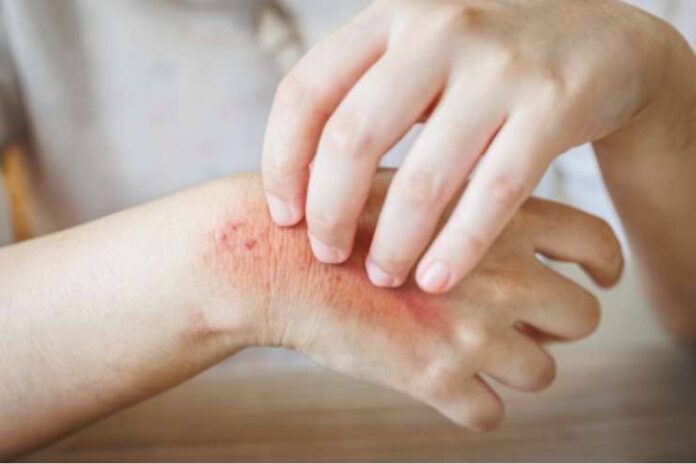Affiliate Disclaimer
Some links in this article are affiliate links. We may earn a small commission if you make a purchase through these links, at no extra cost to you. We only recommend products we find useful to our readersBacteria can attack our bodies at any time and without warning. A staph infection is the outcome of one such bacterial infestation. But do home remedies for Staph infections work?
Many people are not even aware of the condition, which can lead to an even bigger problem. Pay close attention to the symptoms and take the necessary remedies to eliminate the problem for good.
This article discusses the various natural alternatives to Staph infection that can permanently eliminate it.
Understanding Staph Infections
Staphylococcus bacteria causes Staph infections. These bacteria are typically present on skin and in the nose of healthy individuals but are not usually a problem if they live in these areas only. However, bacteria can infect the body through cuts, abrasions, or breaks in the skin. Lack of cleanliness, weakened immune system, and close contact with an infected person can all lead to staph infections.
Common Symptoms and Types of Staph Infections
Staph infections show diverse symptoms based on the kind of infection and its gravity. Early detection of these symptoms is crucial to allow prompt treatment and reduce the risk of complications. The most common skin problems include:
- Boils
- Impetigo
- Cellulitis
- Staphylococcal scalded skin syndrome
- Food Poisoning
- Septicemia
- Toxic shock syndrome
- Septic arthritis
Why Consider Home Remedies?
Compared to traditional antibiotics, natural remedies for staph infections have many advantages. One of which is that they cause fewer side effects. Many home remedies, like tea tree oil, garlic, and turmeric, have antibacterial, anti-inflammatory, and calming properties that can help alleviate symptoms and support healing. Natural remedies are often more available and cheaper than conventional treatments.
When to Use Home Remedies: Home remedies are good for staph infections when there are minor symptoms such as small boils, minor skin irritations, or early signs of disease. They relieve discomfort, prevent the spread of infection, and support the body’s natural healing process.
When to See a Doctor: Seek medical help if your condition worsens or doesn’t improve within a few days of using home remedies.
Home Remedies for Staph Infection?
1. Epsom Salt for Staph Infection
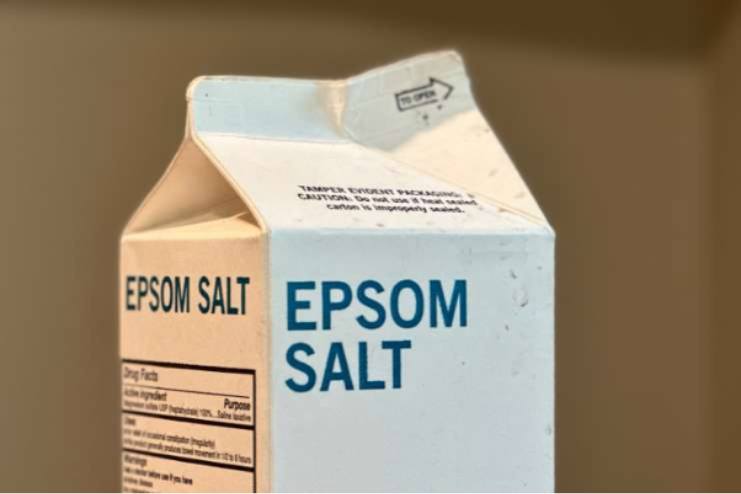
Epsom salt and its use for treatment of infections isn’t new. Magnesium sulfate helps draw out bacteria and germs (R) from the infection to help it heal faster.
Its antimicrobial (R) and anti-inflammatory properties help reduce inflammation, which further contributes to the healing process.
What to do?
- Miix 1/4th cup of Epsom Salt with 1 Pint water
- Stir until dissolved
- Using a fresh gauge or bandage, soak it in the salt-infused water
- Wring out the excess water and place it over the infected area
- Gently press it into the skin
- Leave it on for 15 minutes
- Rinse the area under clean water to get rid of the remnants of the saltwater
- Dab with a dry towel
How often?
- Repeat this 2-3 times daily
2. Bleach Bath for Staph Infection
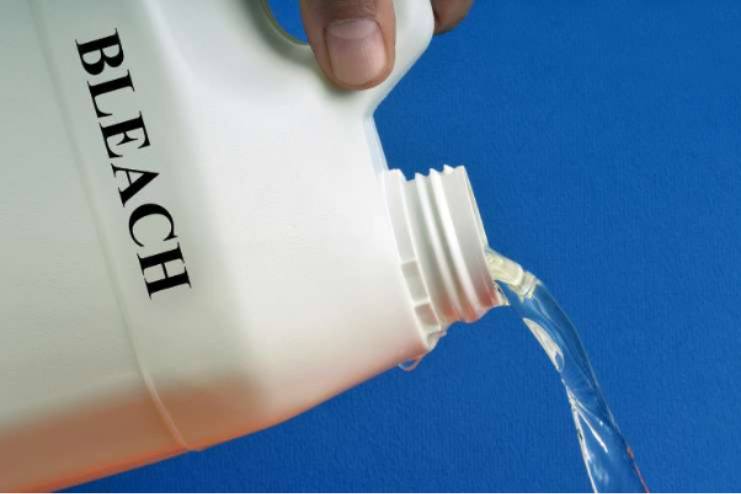
Bleach Baths are yet another effective remedy for naturally getting rid of staph infections. Soaking yourself in a beach bath for 10 minutes can help relieve it.
In fact, one study (R) suggests that children suffering from eczema who are given a bleach bath occasionally have lower risks of developing staph infection.
3. Apple Cider Vinegar for Staph Infection
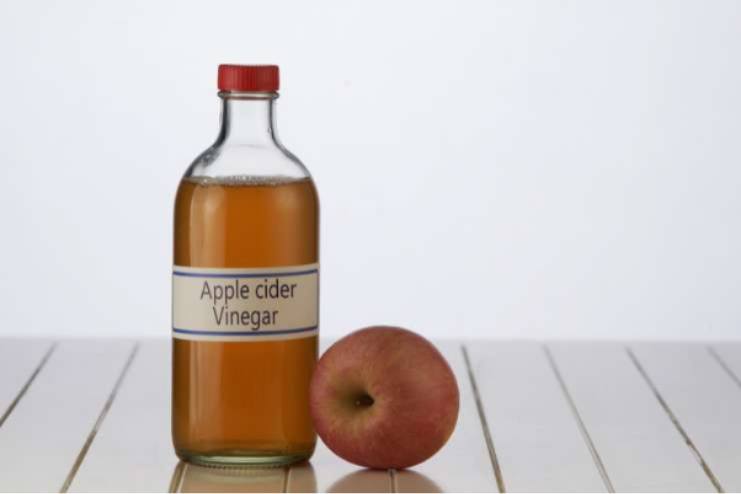
When it comes to treating Staph Infection, the possibilities are rather complicated. Given that several strains of the bacteria are antibiotic-resistant, its often hard to find the correct remedies for the condition.
People believe Apple Cider Vinegar is an effective remedy for staph infection mainly because of its fantastic range of antimicrobial and anti-inflammatory properties.
What to do?
- Add two glasses of water in a deep bowl
- Add two tablespoons of apple cider vinegar
- Mix everything well
- Soak a cotton gauge in it and apply that over the infected area, gently pressing it in
- Leave it on for 15-20 minutes
- Rinse area with running water
- Tap area dry
How often?
- 1-2 times daily
4. Aloe Vera for Staph Infection
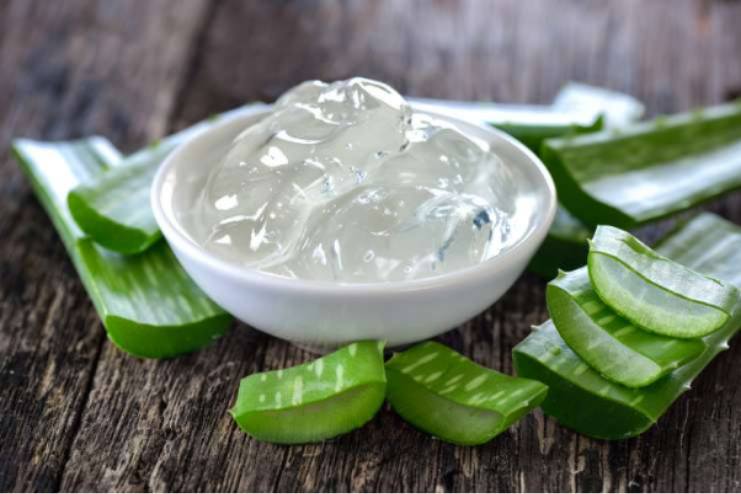
It helps cure staph infection at home and prevents it from returning.
The combination of antimicrobial (R) and anti-inflammatory (R) properties, as well as skin-repairing and healing properties, helps drive out infection.
What to do?
- You can cut open an aloe vera leaf and extract the pulp or use high-quality aloe vera gel.
- Make a smooth paste
- Apply over affected area using clean cotton
- Leave on for 30-40 minutes
- Rinse off
How often?
- 2-3 times daily
5. Rubbing Alcohol for Staph Infection
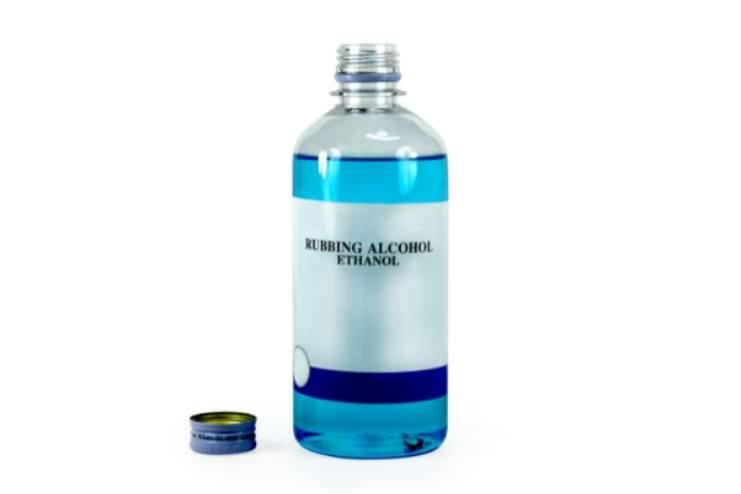
Alcohol helps in curing the condition in two distinct ways. The disinfectant properties of the rubbing alcohol help keep the infection from increasing. Also, using 70% of the rubbing alcohol mixed with water has a better impact than using 90%.
The water, along with the alcohol, enters the bacteria and causes the “tidal” (R) effect, which helps kill the bacteria in question, sterilize it, and prevent it from coming back.
What to do?
- Pour 70% rubbing alcohol on the infected area
- Dab it on using a cotton ball
- Completely clean the area
- Rinse area with water
How often?
- 1-2 times daily
6. Coconut Oil for Staph Infection

If the staph infection you are suffering from isn’t caused by the resistant form of the bacteria, you can use coconut oil to naturally get rid of it. Combining coconut oil’s antimicrobial (R) and anti-inflammatory (R) properties helps rejuvenate the skin and eliminate harmful bacteria.
What to do?
- Put coconut oil in your fingers and apply a thick layer over the infected area
- Leave it on for 20 minutes
- Wipe off the oil and rinse under water to clean the area completely
How often?
- 2-3 times daily
7. CBD Oil for Staph Infection

Cannabinoid Oil is another effective remedy for treating staph infections. Given that CBD Oil has beneficial impacts as an antibiotic (R), it is not surprising that it is treated as a viable treatment method to cure staph infections. Topical application of CBD Oil is believed to attack pathogens, thereby killing them and preventing their proliferation.
What to do?
- Apply a thin layer of CBD oil using a cotton swab
- Leave it on and let it steep into the skin
How often?
- 1-2 times daily
8. Colloidal Silver Dosage for Staph Infection
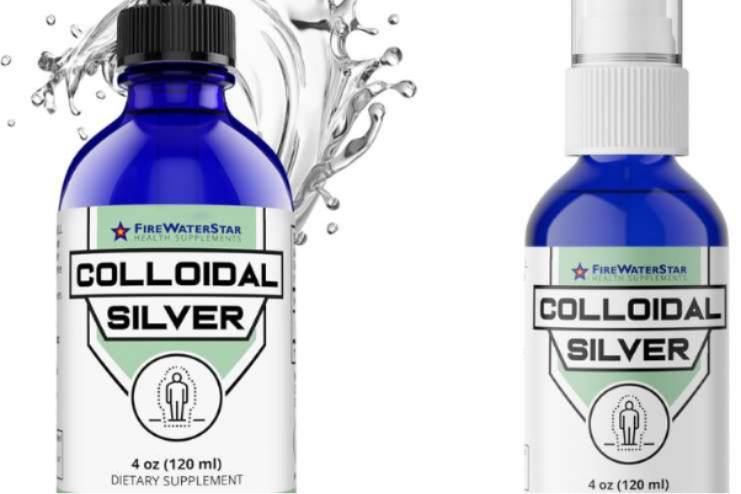
Colloidal Silver is yet another fantastic cure for staph infection. It’s not only full of antimicrobial properties (R) but also beneficial in preventing further proliferation of bacterial outgrowth. It helps arrest the condition and improve recovery time.
What to do?
- On cotton, pour a few drops of the colloidal silver solution
- Dab it over the affected area of the infection
- Leave it on for a few minutes
- Rinse it off and clean the area with rubbing alcohol if required
How often?
- Once daily
9. Garlic for Staph Infection
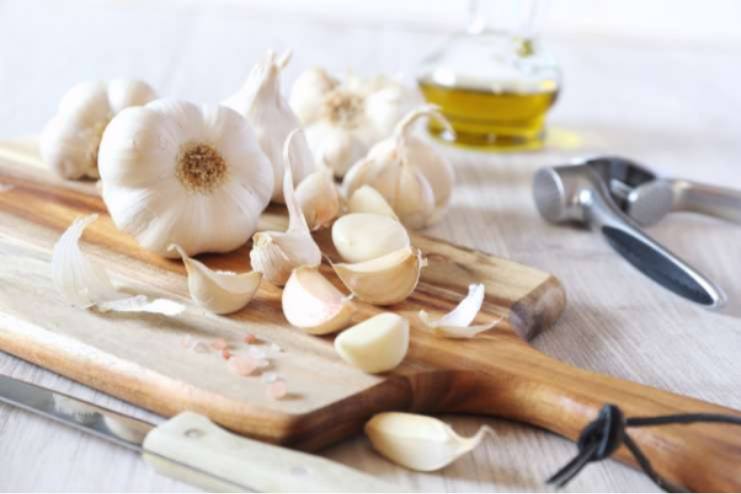
When it comes to home remedies for staph infection, garlic is one of the best options. The active compound in garlic, Allicin, is loaded with antimicrobial (R) and anti-inflammatory properties (R) that are beneficial in getting rid of the bacterium causing infection.
Consuming garlic boosts immunity (R) and helps prevent infection.
What to do?
- Crush 1-2 cloves of garlic and make a smooth paste.
- Apply over the infected area and leave it on for 10 minutes.
- Cover with a bandage if required.
- Once finished, rinse off and clean the area thoroughly.
How often?
- 1-2 times daily
How Long Does A Staph Infection Last?
While we can’t necessarily call them stages, the healing process of home remedies for staph infection depends on the severity of the condition.
The infection can start with something as common as a boil on the skin or as severe as a flesh-eating infection. For this reason, it’s critical to speak out about the symptoms and, if necessary, consult a physician.
The differences between how to treat staph infection at home depend on the stage and condition of the infection. Virulent forms of bacteria are often challenging to treat and prolong the healing process.
If you are suffering from cellulitis, which is predominantly known as uveitis, chances are that you might end up taking a bit more when it comes to healing. It is treatable with antibiotics and is quite effective in curing it over time.
People diagnosed with diabetes and weaker immune systems tend to take more time when it comes to healing.
How Does Staph Infection Spread?
As mentioned before, Staphylococcus bacteria are present only on our skin. While some are dormant and don’t inflict any kind of skin infection, virulent streaks of this bacteria cause infections and other forms of skin diseases. Direct skin-to-skin contact with the carrier or even touching any object infected with the staph bacteria can induce the infection.
Staph infection can also enter the body through a wound. If the MSRA strain of bacteria enters the bloodstream, it is likely to affect the major organs of the body.
How to Prevent Staph Infection?
Some methods include:
- Ensure that you wash your hands and legs with soap and water
- Shower at least once a day to get rid of any remnants of sweat and bacterial growth and proliferation on the body.
- Avoid using other people’s personal items, like clothes, towels, etc., to ensure that you don’t come into contact with any form of infection that could be on those belongings.
- Always cover fresh wounds and cuts with bandages.
Importance of Timely Treatment
Timely treatment of staph infections is crucial to prevent the bacteria from spreading to healthier parts of the body. Delayed treatment can result in serious health problems.
When to Seek Professional Medical Help
Signs to See a Doctor Immediately
Get immediate medical help if you have severe pain at the site of the infection, a fever or chills.
Combining Home Remedies with Professional Treatments
Antibiotics prescribed by a healthcare provider are crucial to properly treat staph infections. They are necessary to address the bacterial infection. Medical professionals can perform treatments like draining abscesses and injecting antibiotics.
When Does a Staph Infection Require Hospitalization?
It’s often hard to detect whether or not the bacteria are antibiotic-resistant or has already entered your bloodstream. If visible symptoms of infection are more than that of simple boils and become worse, it’s beneficial to get immediate medical attention.
Home remedies are successful if used in the initial stages of staph infection. If you find that natural alternatives for staph infection are not working, seek medical help.
-
Dec 2018Written by Somapika D
-
Nov 2024Edited by Ankita
References
- https://www.medindia.net/health/homeremedies/staph-infection.htm
- https://medlineplus.gov/ency/patientinstructions/000686.htm
- https://www.health.com/staph-infection-treatment-8558779
- https://kidshealth.org/en/parents/staphylococcus.html
- https://draxe.com/health/staph-infection/
- https://www.healthdirect.gov.au/staph-infections
- https://www.everydayhealth.com/staph-infection/guide/treatment/
- https://www.medicalnewstoday.com/articles/staph-infection
- https://www.mayoclinic.org/diseases-conditions/staph-infections/symptoms-causes/syc-20356221
- https://www.webmd.com/skin-problems-and-treatments/staph-infection-cellulitis
- https://medlineplus.gov/staphylococcalinfections.html
- https://my.clevelandclinic.org/health/diseases/21165-staph-infection-staphylococcus-infection
In this Article
















